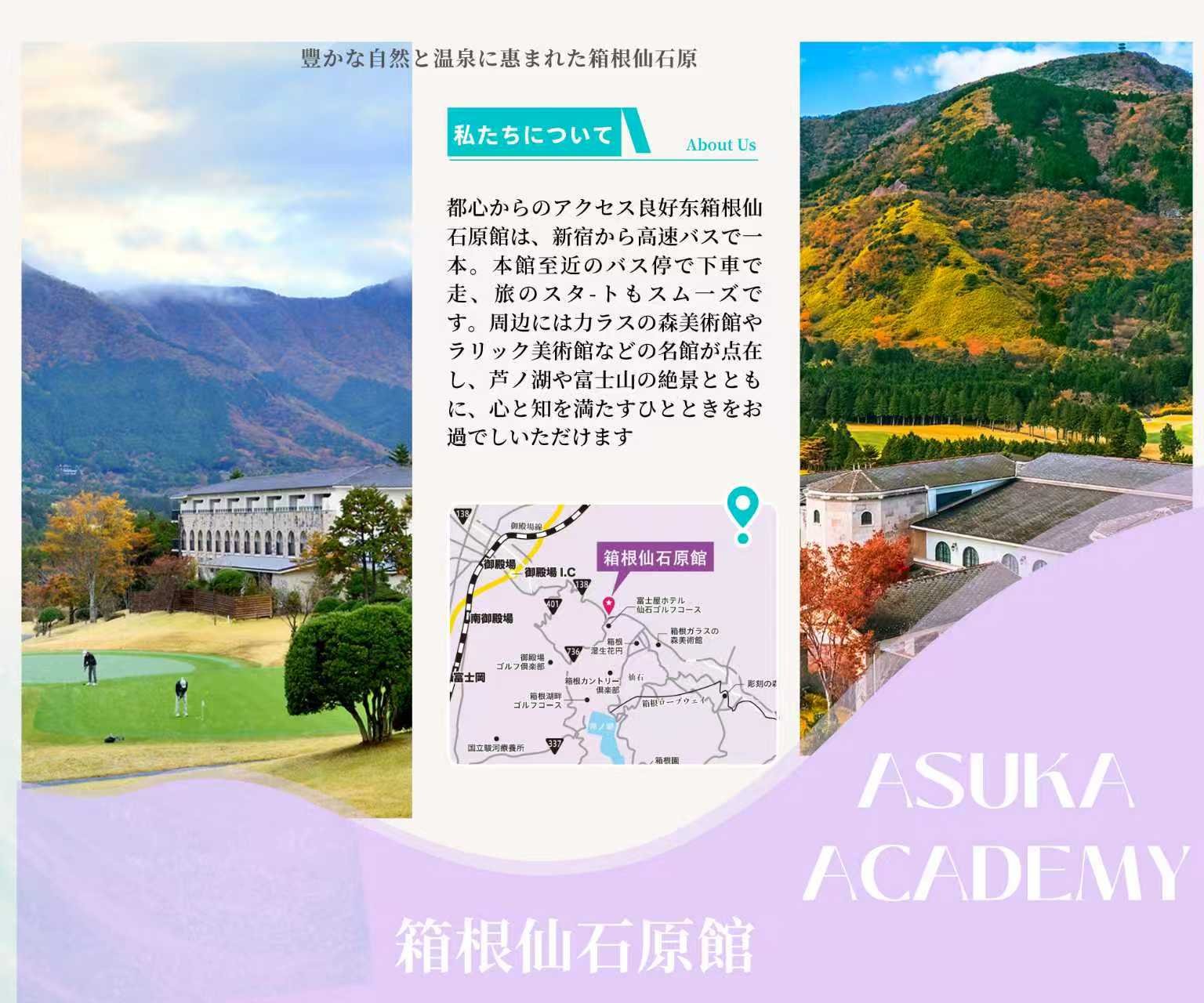“I waited two months, spent 328 yuan (RMB), and collected a set of Bing Dwen Dwen and Shuey Rhon Rhon, catching the tail end of the Winter Olympics craze.” Enthusiast Liu Nianxi ordered the two 22 cm mascots on the Taobao platform in March and only received them in early May. “Bing Dwen Dwen was 198 yuan, and Shuey Rhon Rhon was 100 yuan, but the final price included an additional 15 yuan. I’m really happy to complete the set of one Bing Dwen Dwen and one Shuey Rhon Rhon.” Since the Winter Olympics opening, the Bing Dwen Dwen mascot has been sold out repeatedly and remained incredibly popular. Even now, the mascots Bing Dwen Dwen and Shuey Rhon Rhon continue to generate significant revenue.
Su Dawei, a teacher at Jilin Art College and one of the members of the Shuey Rhon Rhon design team, analyzes the reasons behind the popularity of Bing Dwen Dwen and Shuey Rhon Rhon: both mascots balance artistry and cultural significance. From a design perspective, they possess considerable aesthetic value, which has been recognized across various social groups, contributing to their explosive sales. Culturally, the fusion of Chinese elements such as pandas, lanterns, and technology makes them immediately recognizable as symbols of China, evoking a strong sense of national identity domestically and highlighting distinct cultural features internationally.
Su Dawei anticipated the mascots’ strong ability to attract fans: First, the two mascots had a natural advantage as they were linked to the Winter Olympics, already imbued with the event’s charm. Secondly, the Winter Olympics coincided with the Chinese New Year, which drew more attention. Finally, the supportive media and enthusiastic internet users helped fuel their popularity even further.
Physical Stores Still Recording Stable Income
Su Dawei further analyzes that the rise of Bing Dwen Dwen and Shuey Rhon Rhon is also a testament to the maturation of China’s cultural and creative industry. Compared to the five mascots of the 2008 Beijing Olympics, the two mascots for the Winter Olympics were more focused. Bing Dwen Dwen’s design carries a futuristic feel symbolizing technology, while Shuey Rhon Rhon features cultural elements, confidently representing traditional Chinese culture at the Olympics.
Zhai Tianming, who has been running a shop selling collectibles and cultural products in recent years, took advantage of the opportunity presented by the Beijing Winter Olympics to obtain the qualifications to sell offline. He opened a Winter Olympics merchandise store in Jilin. Zhai said: “We are now in the final phase of selling Winter Olympics products. Though the hype has cooled down, there are still many people coming to buy. In recent months, the store’s monthly revenue has remained stable around 50,000 yuan.” Most customers are middle-aged and elderly, buying gifts for children, while some young people purchase items as collectibles.
Tourists visiting scenic spots with children are also common. Su Hang, for example, entered the store and was about to buy the 198 yuan Bing Dwen Dwen for his child, thinking it could be both a toy and a commemorative item. However, he ultimately decided not to buy it due to the complicated shipping process. A store sales representative, Ms. Lin, shared with the reporter, “The 198 yuan and 88 yuan versions of Bing Dwen Dwen have always been the most popular.”
Boosting Listed Companies’ Profits by 2x
The strong sales of Winter Olympics products can be seen in the performance of Yuan Long Yatu, a company that was approved to design and produce nearly 700 licensed Winter Olympics and Paralympics products. Yuan Long Yatu’s licensed products include plush toys of “Bing Dwen Dwen” and “Shuey Rhon Rhon,” blind boxes, figurines, badges, crystal balls, medals, and precious metals. According to the company’s mid-year report, its Winter Olympics licensed memorabilia and precious metal business generated revenue of 1.065 billion yuan, and the company achieved operating income of 1.946 billion yuan, a 1.09-fold increase year-on-year. The net profit attributable to the shareholders of the listed company was 174 million yuan, a 2.06-fold increase compared to the same period last year.
After the Winter Olympics, official Winter Olympics product stores began closing one after another. Zhai Tianming’s Winter Olympics store in Jilin is the only remaining offline store in the three northeastern provinces. His store’s licensing agreement expires on September 30, and in October, the store plans to transition into selling other cultural and creative products.




